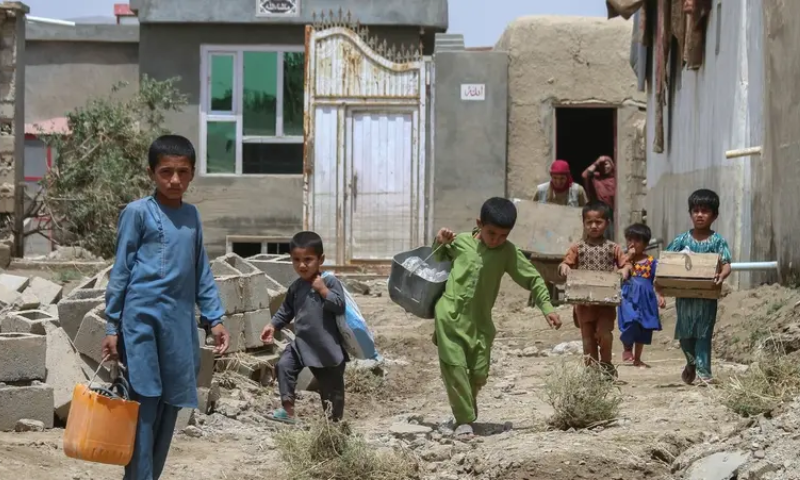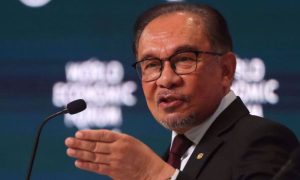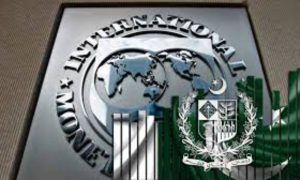KABUL: The Taliban government of Afghanistan has entered its first talks with the United Nations, donors and non-governmental organizations over the impact of climate change in Afghanistan, organizers confirmed on Wednesday.
After enduring four decades of conflict, Afghanistan stands among the nations least equipped to confront the repercussions of climate change, which have manifested in extreme weather events and the alteration of natural landscapes.
Following the Taliban’s assumption of power in 2021, foreign aid to Afghanistan has dwindled, as donors remain cautious of supporting a government perceived as an international outsider. Consequently, impoverished and climate-vulnerable communities in Afghanistan have found themselves increasingly exposed to environmental risks.
The Norwegian Afghanistan Committee (NAC) co-hosted a three-day dialogue session that concluded on Tuesday, during which Taliban officials engaged in parallel discussions, both face-to-face and online, with a diverse array of counterparts from Western countries. According to Terje Watterdal, the country director of NAC, this marked the first instance of such engagement since the change in government last year.
Participating stakeholders included representatives from universities, diplomatic missions, UN agencies, donors, and grassroots organizations from Afghan society. Watterdal noted that all government ministries pledged their full support for national and international efforts aimed at combating climate change and mitigating its impact within Afghanistan.
The talks underscored the necessity of both individual and collective action, emphasizing the importance of depoliticizing crucial development issues like climate change. Notably, the discussions maintained a gender-balanced representation, ensuring the inclusion of women’s perspectives in addressing climate-related challenges.
In Afghanistan, where approximately 80 percent of the population relies on agriculture for livelihoods, climate change plays a pivotal role in shaping socio-economic dynamics. Despite contributing minimally to global greenhouse gas emissions, Afghanistan ranks sixth among the nations most vulnerable to climate change, experiencing a significant rise in temperatures since 1950.
Zainul Abideen Abid, Deputy Director of Afghanistan’s National Environmental Protection Agency, urged United Nations agencies to translate rhetoric into tangible actions and called for increased funding to address climate-related challenges.
Furthermore, Abid advocated for Afghanistan’s inclusion in the upcoming COP29 summit in Azerbaijan, highlighting the imperative of ensuring the Taliban government’s representation in international climate fora.


























